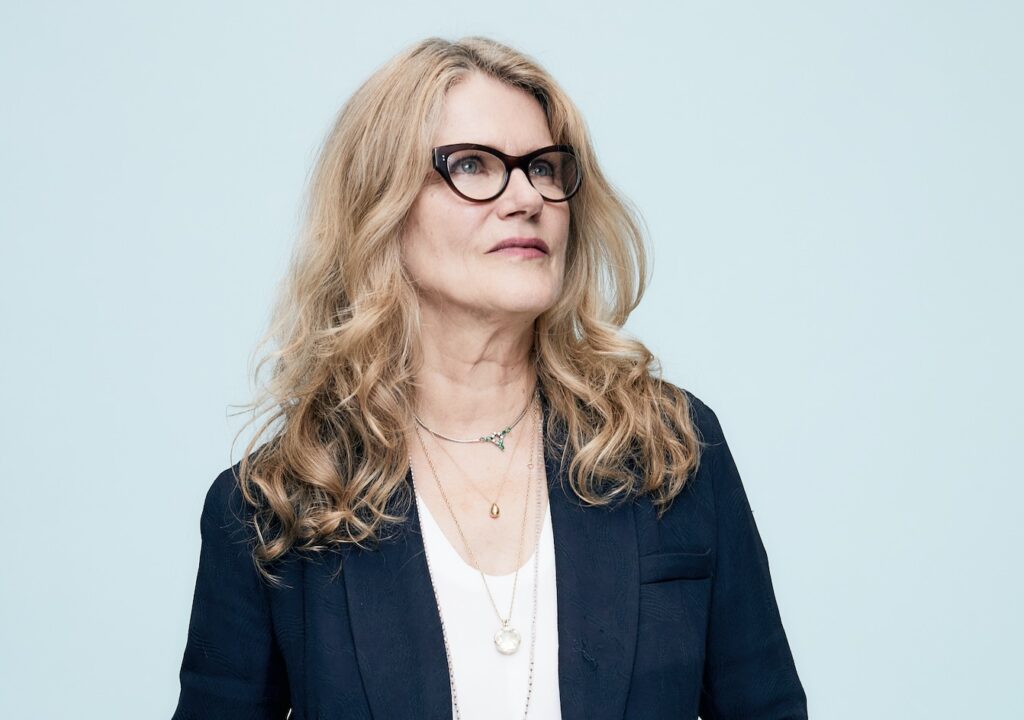‘Two of Us’ star shares the vision behind her performance
Award-winning German film icon Barbara Sukowa takes us behind the scenes of the best lesbian film this year.
When I spoke with German actress Barbara Sukowa from her Brooklyn home she had been scouring the city for Covid-19 vaccines but there were none to be had. I could hear the anxiety in her voice. She had to get to London for a shoot but didn’t want to fly without inoculation. My heart went out to her. This virus is not kind to anyone but it’s especially hard on performers who use their bodies, their breath, and their openness to create a conduit for identification that helps keep us human.
Sukowa is known for her completely committed portrayals of extraordinary women — from Polish Marxist activist Rosa Luxemburg to German-Jewish intellectual Hannah Arendt. Sukowa made her stage debut in Berlin in 1971 in a Peter Handke play, and her film career ignited when she became the protégée of the brilliant gay West German director and playwright Rainer Werner Fassbinder.
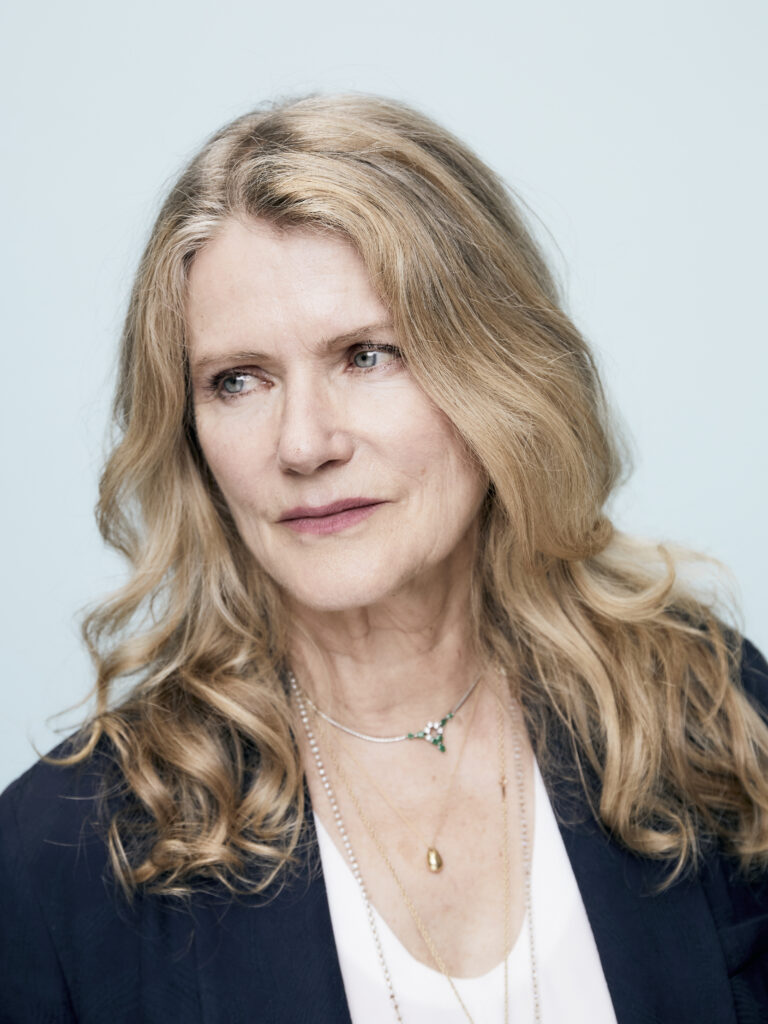
She continued as a favorite of feminist German director Margarethe von Trotta; and she won a few of Europe’s most prestigious acting awards for performances that are so compelling they have become cultural markers. Sukowa’s career was well on its way before the Berlin Wall came down and she carried with her strong memories of shame, guilt and secrecy about reconstruction Germany that fed into her performance ethos.
Described as Germany’s Meryl Streep, Sukowa is not that well-known in the US, outside of cinephile circles — although she has appeared in mainstream American productions such as M. Butterfly, Johnny Mnemonic, Romance & Cigarettes, 12 Monkeys, Gloria Bell, and Native Son. She is also a singer with a very expressive voice, and when speaking, uses it like a musical instrument. But with her cultural background, and her accent, she was never going to be mainstream, and so you can be forgiven if you are not familiar with her. But that changes now.
I conjure this background to partly explain why her latest film, Two of Us, is a must-see. Fassbinder aside, this is the gayest project Sukowa has done and it is such a fine performance it feels also like a breakthrough for her. Sukowa plays Nina Dorn, an older lesbian who has been in love with a woman, Madeleine, who lives in the apartment across the landing, for decades. Now, as septuagenarians, they are planning their retirement together. But Madeleine’s children don’t know, and the pressure to merge realities becomes too much for Madeleine.
I previously reviewed Two of Us, so I was delighted to catch up with Sukowa, and her writer-director Filippo Meneghetti. I wanted to hear directly from them what went into creating this fine film, which is France’s official Oscar entry this year for Best Motion Picture, Foreign Language. Meneghetti, a longtime admirer of Sukowa, had tried not to think about casting when he was writing the film. But very soon he was thinking about Sukowa — and of Martine Chevallier as Madeleine, who is already a silent and opaque character. After she has a stroke, she becomes more so, while Nina is all passion, action, and incandescence.
“Nina is a very complex character with a lot on her shoulders and Barbara has the charisma and the energy to do that,” says Meneghetti. “But also she has something that is very rare: Nina is strong and has an obsession, but it is very difficult to be strong and obsessed and make the audience feel that she’s fragile.”
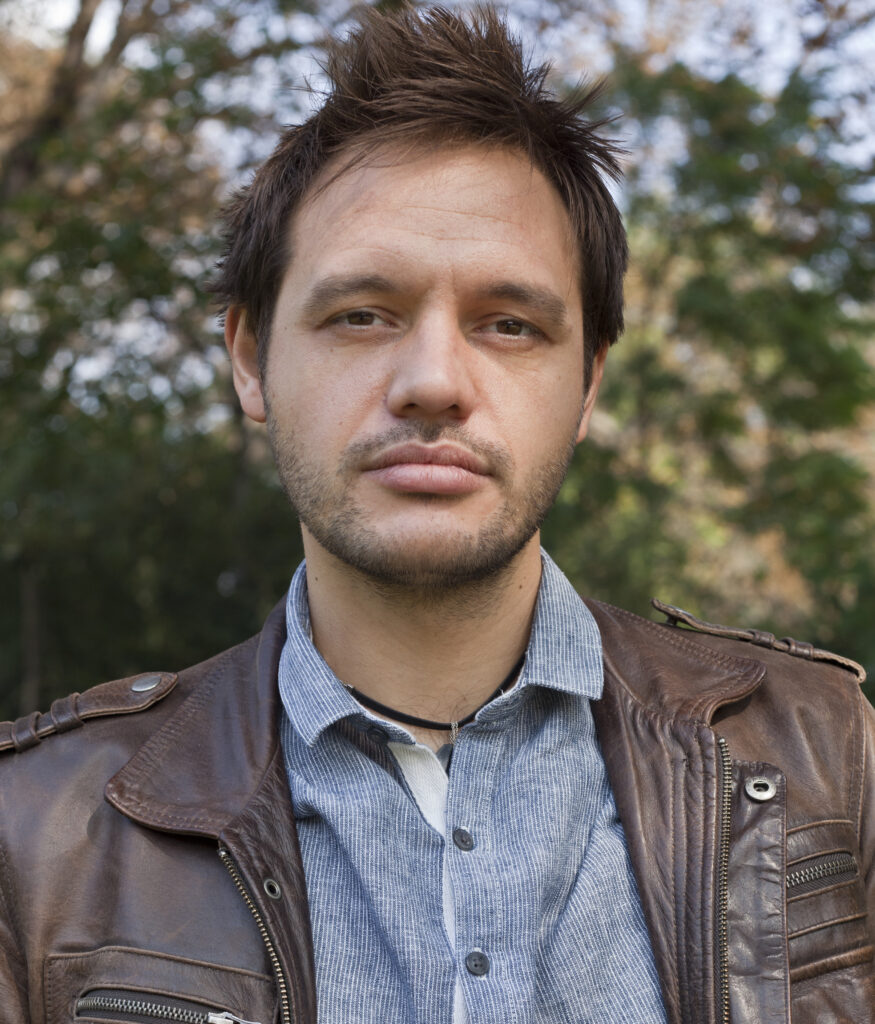
Sukowa’s performance is one of the best I have seen this year. Nina goes off like a firecracker, years of repression unleashed, her deepest love about to be snuffed out by a secret and its shadow. The actions Nina takes to protect the wellbeing of the woman she loves are crazy, and breathtaking. I ask Sukowa how she characterized Nina.
“At this point in the movie she is at the end of her rope,” Sukowa tells me. “All these years they have dreamed about the moment when she would come out to her family and they would go to Rome and live their love freely. And I think that was a powerful aphrodisiac, to have this dream, and it was a secret, and it is just about to become true. And this time she really believed Madeleine would do it and finally come out because the husband has been dead for a while, and the children are grown up. So this is the moment when Nina thinks her dream is coming true and then it turns out it doesn’t. And I think at that moment, all that explodes in her. So many dreams are destroyed at that moment. And I think that’s the release of energy.”
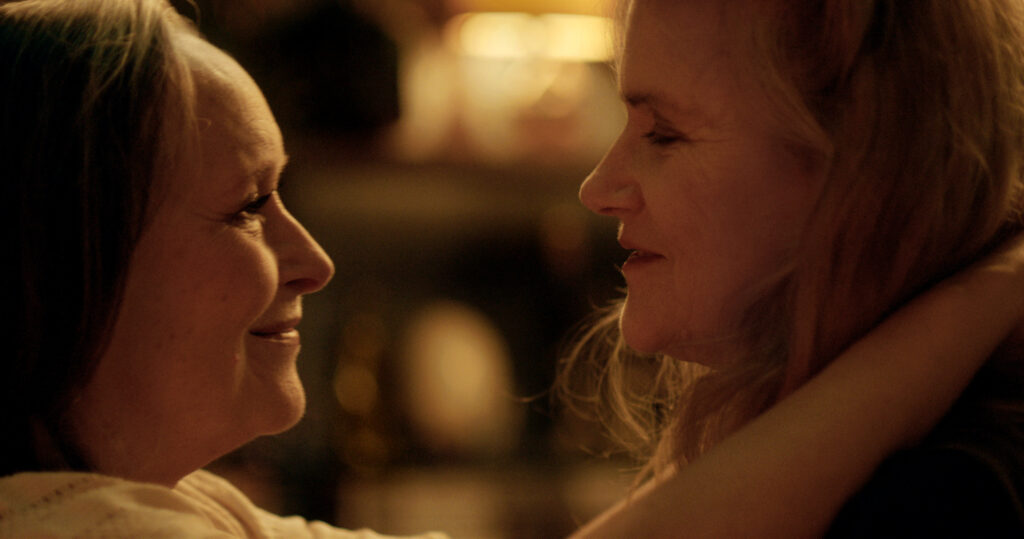
Two protagonists who are older women who choose to love each other — we don’t get to see that very often, if at all. I’m curious why a young man like Meneghetti — and a first-time film director!— focused on these women, taking such care in crafting their narrative, including intriguing dream sequence flashbacks to their youth as little girls when they knew each other— or did they?
“I believe that we live in a society that is obsessed with youth and with the perfection of the body, and I really have a problem with it,” he reveals. “And besides complaining about it, since I’m a filmmaker, I can try to make other kinds of images. One of the reasons I make films is to live other lives than mine. Cinema is a tool for knowledge. I love to be in someone else’s shoes.”
“I think it was very courageous of Filippo,” adds Sukowa, “Because as you can imagine, he could have taken too young, hot, sexy actresses, and he would have gotten financing much quicker on this movie. It was brave to not do that and just stick to his vision, and it also attracted me to him.”
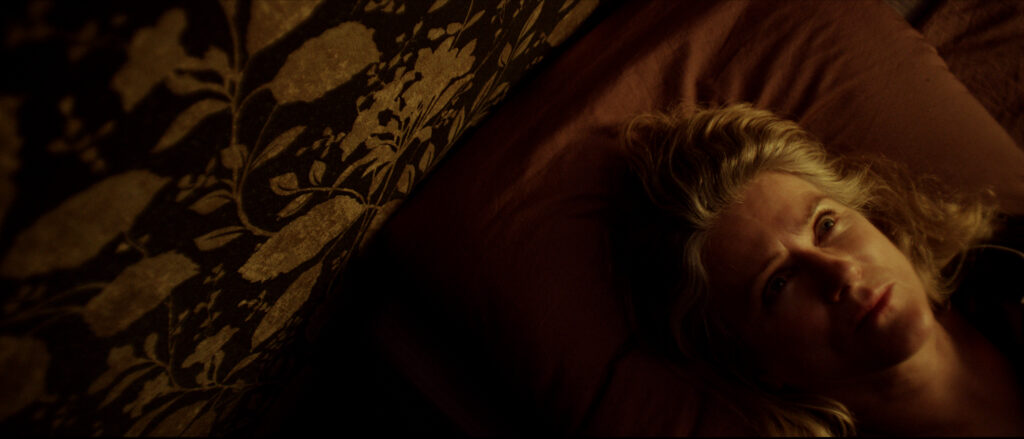
When she was one of those hot young actresses herself, Sukowa had heard older women complain about the paucity of roles for them — as if all the drama in life only happened to women between the ages of 20 and 40. And now she is here, at age 71, telling a story that is full of drama. I want to know how she, as a straight woman, had the conviction to inhabit a lesbian character — given the resistance these days to artists representing anyone outside of their own identities.
“There are more stories about minorities being told and I think it’s fantastic,” she says. “But as an actor, I have to say, I mean, it’s my job to pretend to be something that I’m not. And I have played opposite men who were gay and we played, you know, lovers. So I think one has to be really careful with that because where does that go? Does it mean then that gay people cannot play straight roles anymore?”
So I ask her then, how she, as an actor, becomes someone she is not with such utter authenticity. While I do believe it is entirely possible to use mimesis to portray a greater truth, I want to hear how she does it.
“Oh, if only I knew,” she muses. “Every role is different. If you play a role like Hannah Arendt you do a lot of research and you try to do justice to this person and how she might have been. If it’s a psychological role with a fictive character, like Two of Us, you take the text, and you dig into yourself and you try to find parallel situations. Then, for me, my partner is very important, and you imagine you fall in love with this person. For me, I see what is there in the moment, sensually, how can I physically absorb that, how do I react to it?”
Sukowa has many gay and lesbian friends and is also pals with Julianne Moore who gave a stellar performance as a lesbian who strays with a man in The Kids Are Alright. She explains that it was important to her to not over-analyze the political reality of Nina and Madeleine, not to try to judge their mistakes or to intellectually solve their problem before shooting the movie.
Instead, she focused on the human cost of deferring their freedom, and this makes it universal — and powerful without preaching. “I am convinced that the stroke that Madeleine had, had something to do with the incredible stress of the secrecy,” she says.
My favorite scenes are those in which Nina refuses to give up and performs a series of transgressions to get to Madeleine. There is something revolutionary about portraying this obsession. And something intensely romantic about it, too. I ask Sukowa what her favorite scene is. The final one, she says, because it was the most challenging. “I didn’t know or plan in any way how to act it…I couldn’t even tell you what I did.” I won’t tell you either. But it is magic.
Sukowa has been living in the States for three decades, but I think Americans are going to see this film and feel that they have just discovered her. And what a treasure.
Two of Us is now in theaters and streaming on demand. Watch it here.

